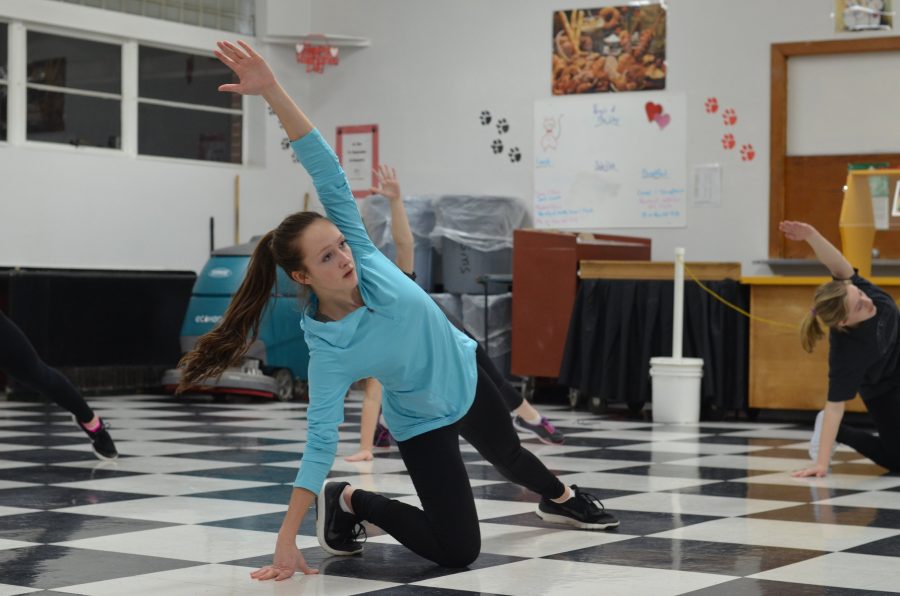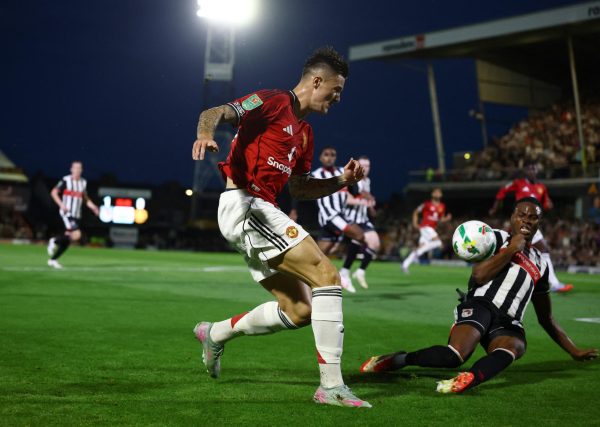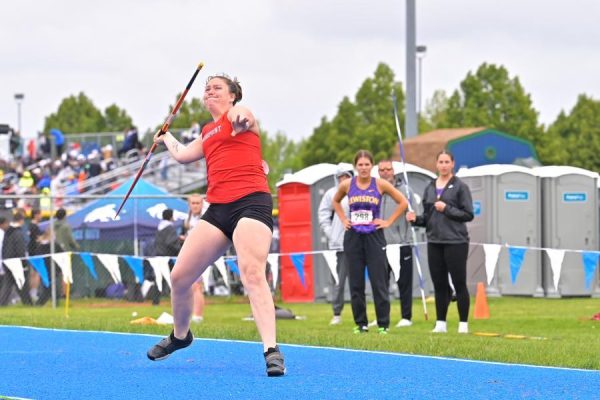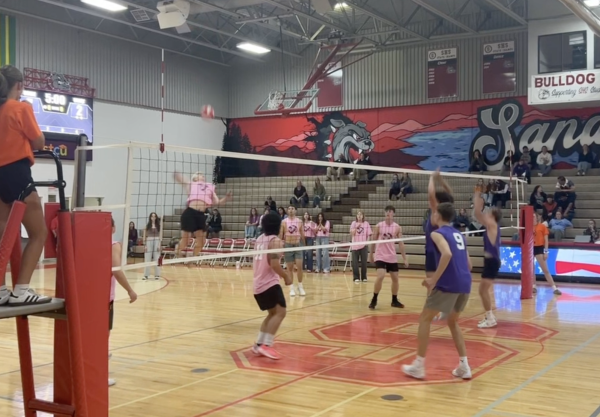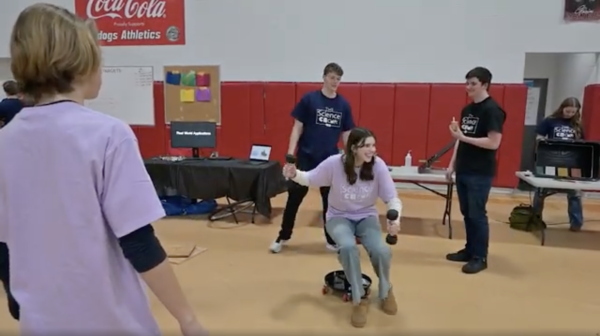DISTINGUISHED DEBATE
Students express varying perceptions of the Distinguished Young Women program
It was nerve-racking. The girls had worked so hard for this moment, this time. They watched the others perform and wished and hoped for the best, fighting between excitement and anxiety.
It was in this moment that last year’s Distinguished Young Women (DYW) winner Nichol Reed found her favorite experience of DYW.
Others, like senior Cheyenne Nicholson, watched from the audience and tried to reconcile the program with their feminist values.
This year’s juniors have already signed up and begun practicing for the DYW final show on Mar. 25, and people are again faced with conflicting opinions of the program.
Come the final show, participants will be judged on scholastics (grades, extra curriculars, etc.), interviews, talent, self expression, and a fitness routine.
According to the DYW mission statement, the DYW program seeks to provide scholarships, encourage education and excellence, inspire others, and develop self-confidence, but many view the program and show as little more than a beauty pageant.
Reed recognizes that the program is perceived as a pageant, yet she believes it is much more.
“DYW is definitely not a pageant,” Reed said. “The reason it looks like one is because we wear very elegant dresses for the category Self Expression and we get a question that we answer to the audience.”
Reed points out that DYW is about more than just these two aspects and is a very beneficial program for junior girls to partake in.
“DYW is such a beneficial program to have,” Reed said. “Not only is DYW helping me pay for my college tuition, but the experiences I had helped me grow into the strong young woman I am today. DYW has helped thousands of girls like me reach their true potential.”
On the other hand, Nicholson feels that DYW is not a program that girls should be encouraged to partake in.
“We have made such huge strides for women and I feel like this is just a step back in saying that you can still get money for walking around stage and looking pretty,” Nicholson says.
Nicholson mentions that there are plenty of other options for girls to win money for scholarly attributes such as Girls’ State which she herself participated in, and she does not believe that DYW is one of these options.
“50% of [DYW] is grades and interview, but that means that 50% of it is doing an exercise routine and doing a talent and walking around on stage in a pretty dress,” Nicholson said.
Nicholson also points out that students active in sports and other extracurriculars, though they are encouraged to participate, would not have time for the DYW program and all that it entails.
The views on DYW are very conflicting, but one can judge for oneself at the final show on March 25.
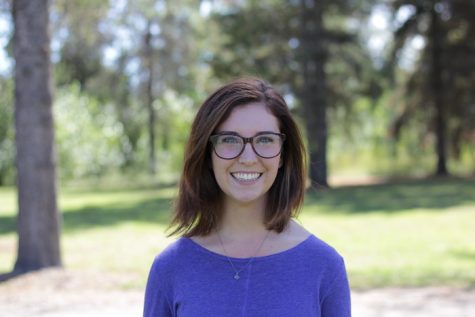
Hannah Fingel is a Senior and is News Editor for the Cedar Post. This her first year on staff.

